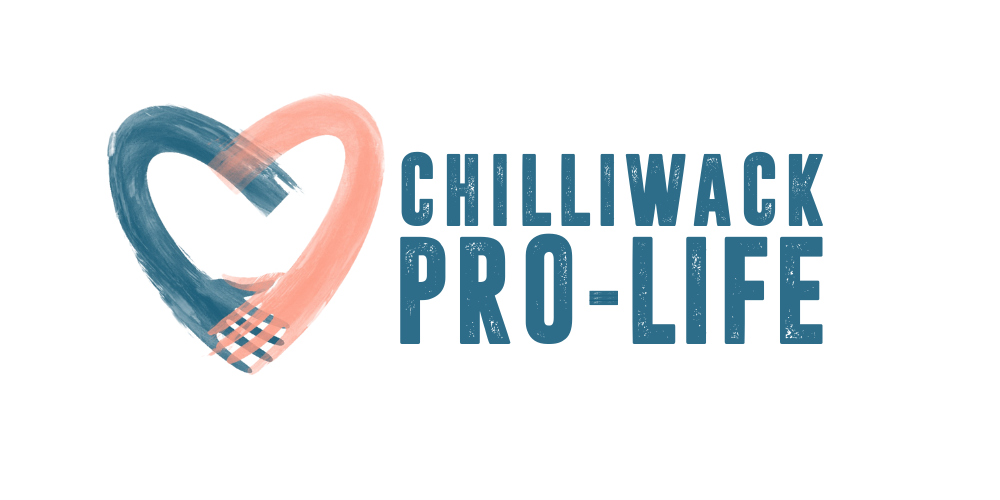
What is euthanasia?
Euthanasia FAQ
What is euthanasia?
Euthanasia (from the Greek, meaning ‘good death’), is the deliberate killing of a person at his/her own request by a medical professional, supposedly for compassionate reasons. It is also known as ‘assisted suicide’ or the euphemistic MAiD (medical assistance in dying).
What is so controversial about euthanasia?
Euthanasia/assisted suicide has been prohibited by the medical profession for thousands of years. In the ancient Hippocratic oath, doctors have historically pledged to ‘do no harm’ to a patient. As late as 1992, the Supreme Court of Canada upheld the ban in the famous Latimer case, but the same court reversed its position in 2015. Now, doctors commit to a code of ethics that allows them to take the lives of their patients. This is a profound, negative change in the health care profession.
Is euthanasia now legal?
The federal Liberal government passed a law to legalize euthanasia in 2016. Since then, according to the federal government’s Third Annual Report on Medical Assistance in Dying, 31,664 people have chosen medical assistance to die. Alarmingly, 6,704 (21%) of these were from British Columbia.
What concerns should we have?
The embrace of death as medicine. Death has always been the great enemy of humankind. The embrace of death as a solution to health problems instead, means that death will be increasingly proposed to ‘resolve’ problems like mental health issues. Together with abortion, Canada is creating a ‘culture of death.’
An obligation to die. The simple availability of assisted death places a sense of moral obligation on people to choose it. A spouse may not want to be a burden to a partner. Someone else may need that hospital bed. Medical care is expensive. This sense of obligation will increase as our society continues to age, and health resources become more scarce.
Pushing the boundaries of consent. Doctors are now expected to inform patients of the availability of assisted suicide. There are anecdotes of people being ‘encouraged’ to choose it. Pressure can be exerted in subtle ways and choices will become ‘less free’ over time.
The decline of palliative care. Palliative care is meant to provide people nearing the end of life with enhanced quality of life and management of symptoms, including a natural death that is neither hastened nor slowed. In fact, the World Health Organization definition of palliative care specifically excludes assisted suicide; yet the practice has now been forced by the BC Government upon every publicly-funded palliative care service in our province. Since people go to palliative care prior to death, the goals of palliative care could be undercut as assisted suicide flourishes instead.
The slippery slope. Assisted suicide was originally available only to terminally-ill patients whose death was grievous, irremediable, and reasonably foreseeable. In 2021 the law was broadened to include those with mental health problems. In BC, the depressed will be able to choose this option as of March 17, 2023. More recently, a doctor in Quebec has called for sick babies to be terminated. In just seven years we have moved from an outright prohibition against assisted suicide, to killing of the depressed, and public calls for living babies to be killed.
Conscience rights of doctors and nurses. Doctors are now expected to at least inform patients of the availability of assisted suicide. At the moment the medical system protects those who refuse to give such information to patients or participate in the procedure of assisted suicide, but the pro-MAiD system places pressure on them.
Death for the poor and depressed. A column in the UK Spectator recently accused Canada of euthanizing its poor. The National Post followed this up by including anecdotes in which the depressed have been killed in Canada, including a case in Chilliwack.
It’s about the money. A 2020 report by the Parliamentary Budget Office estimated that the 6,465 medically assisted deaths scheduled for 2021 would save nearly $110 million in ‘end of life costs.’ The pressure to save money for the health system will only grow.
How can we protect ourself and others?
See our Protection from Euthanasia page.
